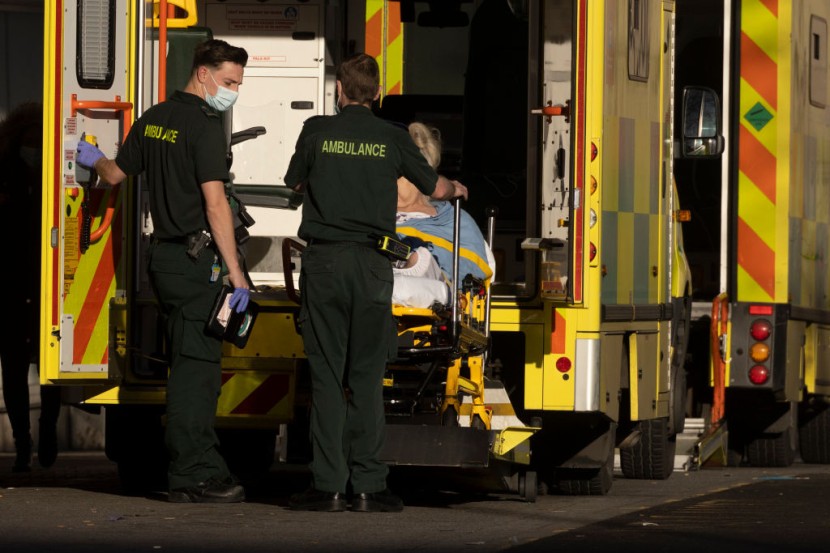
According to the Office for National Statistics, COVID-19 infections in England have increased by 34% in a week as novel Omicron variants fuel a surge of cases throughout the UK.
Based on the reports of ONS, half a million more individuals in the UK are sick than they were a week ago, with more than one in thirty people having the virus. Figures released on Friday for the week ending June 24 shows that 3.35 percent of the population of England, or around 1.8 million people, would test positive for COVID-19. With an estimated 288,200 cases, or 5.47 percent of the population, Scotland continues to be the country worst afflicted by the pandemic.
COVID-19 Cases in UK up by More Than 30%
The Scottish total is 15% higher than the previous week. According to the ONS, 3.49 percent of persons in Wales and 3.87 percent in Northern Ireland would be infected. Over half a million infections have continued to rise in the UK, according to Sarah Crofts, head of analytical outputs for the Covid-19 Infection Survey. This is most likely due to the spread of BA.4 and BA.5 variants, according to The Financial Times.
Even though between 97 and 98 percent of individuals in the UK have antibodies from immunizations or prior illnesses, the virus is spreading quickly, according to the ONS. The vast majority of people are shielded against serious diseases by their innate immunity.
But hospital admissions are on the rise. According to the UK Health Security Agency, the number of COVID-19 hospitalizations increased to 11.11 per 100,000 people in England from 7.98 the previous week. However, the UKHSA reports that the number of patients needing critical care is "extremely low" and daily fatalities are still about 50.
Two novel fast-spreading sub-variants of Omicron, known as BA.4 and BA.5, are what are responsible for the increase. Even those who have already had COVID-19 are susceptible to infection; however, vaccinations are assisting in preventing serious sickness, as per BBC.
Anyone over 75 who hasn't had a vaccination or booster in the last six months is advised to do so by health experts. According to ONS estimates for the week ending June 24, COVID-19 rates were as follows:
- One in thirty in England, up from one in forty the previous week.
- In Wales, one in 30 people, up from one in 45.
- One in 25, up from one in 30 in Northern Ireland.
- In Scotland, one in 18 people, up from one in 20.
UK Issues "Spring Booster"
According to the UKHSA, about one in six adults aged 75 and older who should have had a vaccination dose during the previous six months did not, increasing their risk of developing serious illness. Per Yahoo, to ensure they continue to receive the best virus protection, the UK has issued a "spring booster" to all people over 75 who have not had one during the previous three months.
In a large portion of the UK, the overall number of patients who have tested positive for COVID-19 is now on a definite increase trend. According to official statistics, 9,389 people in England had COVID-19 as of July 1, up 39% from the prior week.
This is around half the number of patients that were observed during the Omicron BA.2 wave's apex. On June 30, there were 575 COVID-19 patients hospitalized in Wales, a 53 percent increase from the previous week. Additionally, the number of patients in Scotland increased by 34% week over week, reaching 1,298 on June 26.
Uncertainty surrounds the pattern in Northern Ireland, where the population increased for the majority of June before plateauing in recent days at about 400. Hospital patients who test positive for COVID-19 are often being treated for something else other from the virus in around six out of ten cases. But keeping them apart from patients who do not use COVID-19 will be necessary, adding to the workload for medical workers.
Related Article: North Korea Claims "Alien Things," From South Bring COVID-19 as China Tests Air in Pyongyang To Trace The Outbreaks' Origin
@YouTube








